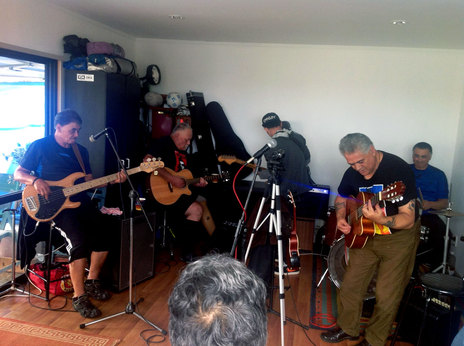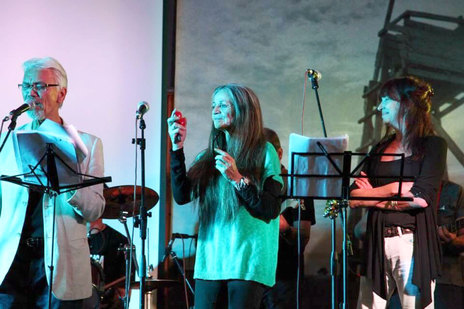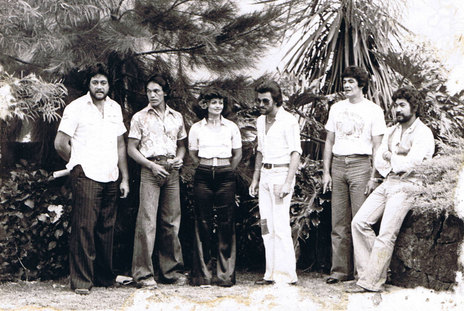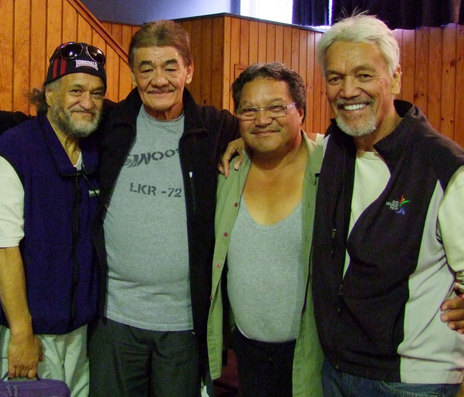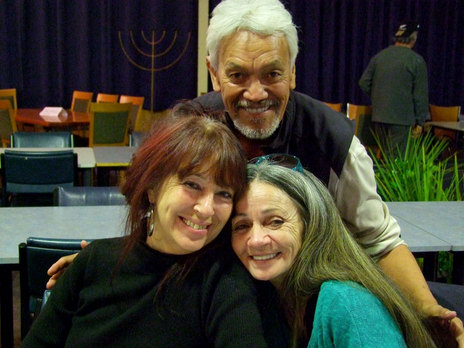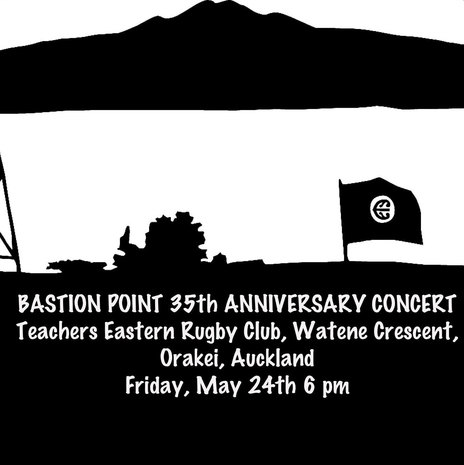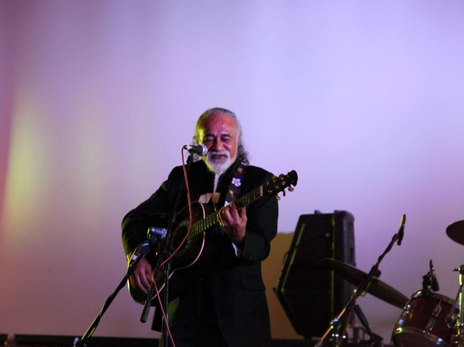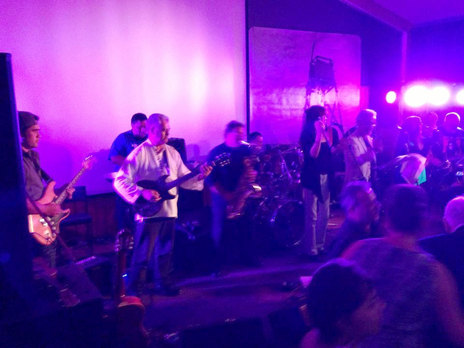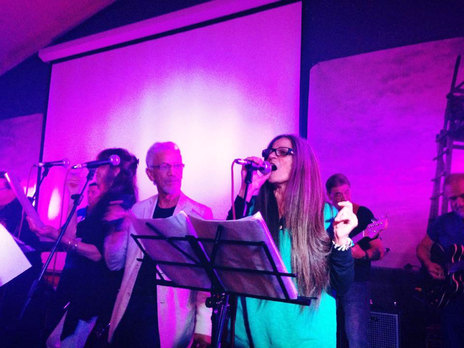Ōrākei Pā has a long musical heritage, Including hosting gigs at the the Māori Community Centre and birthplace of the Sunbeams, the children's Māori showband, and singer and bestselling recording artist George Tumahai.
With an ever-changing line-up, they played a lot at small gigs and periodically around the Auckland traps.
The original Papa was formed in 1972 by Pat (Mano) Pratt, a guitarist greatly influenced by Carlos Santana. With an ever-changing line-up, they played a lot at small gigs and periodically around the Auckland traps, earning a rep as a good funky band.
In 1975 Pratt departed and singer Alec Hawke put together a new lineup, which later stabilised to include singer Corina Fisher, guitarists Dilworth Karaka and Eddie Te Amo, bassist Malcolm Edwards and drummers Winiata Watene and Bruno Berens. It was this line-up that was introduced to reggae by an Ōrākei musician who'd done very well overseas, Charlie Tumahai.
Tumahai had departed New Zealand in the late 1960s, playing bass with several top Australian bands before relocating to London in 1974, landing on his wallet when he successfully auditioned for established British band, BeBop Deluxe. Holidaying back home in 1975, he presented Hawke and the other Papa members with a taped performance of a Bob Marley concert; when he returned to England, he sent back other reggae recordings.
Papa had found a voice and starting the following year, that political agenda. In 1976 Robert Muldoon's National government announced that a 60 acre section of “public” land at Ōrākei was to be sold to the highest bidder. Prime real estate overlooking Waitemata Harbour, it was named Bastion Point by cartographers but known to Ngāti Whātua as Takaparawha. On 5 January 1977 a group led by Alec's brother Joe Hawke occupied the land. The Bastion Point occupation, as it came to be known, lasted 16 months. Buildings were erected and gardens grown.
They secured a six-month residency at The Gluepot and Casper’s in South Auckland.
To draw attention to the grievance, Papa extended their name to “Papa Band Of The Land”. They secured a six-month residency at The Gluepot and Casper’s in South Auckland, which required backing guest artists like Leo De Castro, Bunny Walters, Josie Rika and Prince Tui Teka.
There were regular performances at Takaparawha. Other acts to show solidarity with the occupation included Hello Sailor, Midge Marsden's Country Flyers, Mahana, Bunny Walters, Billy TK, Tigilau Ness, Rough Justice and the Topp Twins.
The Bastion Point occupation came to an end on 25 May 1978, a black day in Ngāti Whātua history, when 800 police, backed by the NZ Army, forcibly removed the “squatters”. Two hundred and twenty two people were arrested and all crops and buildings were destroyed. It didn't end there, of course, and, indeed, Bastion Point became a rallying cry for future Māori grievances. For Alec Hawke, however, the occupation held a personal tragedy. On 28 September 1977 Alec's five-year-old daughter, Joanne, died in a house fire on the site.
Throughout the occupation, Papa Band Of The Land continued gigging, mostly around Auckland but occasionally in Whangarei and Rotorua. "Strictly speaking, we never had an exclusive reggae repertoire," Hawke remembers, "but we always featured a reggae-only bracket. Towards the end, we teamed up with the Ponsonby musos … "
Strong support for the occupation came from the Polynesian Panthers and it was one of the organisation's founders and by then manager of the band, Will 'Ilolahia, who introduced Papa to a loose-knit of Ponsonby musicians similarly taken with reggae, who sometimes called themselves Back Yard. The line-up included guitarists Toni Fonoti and Spencer Fusimalohi and drummer Fred Faleauto. Dilworth Karaka would later join them full-time and the band would morph into Herbs.
